Our Lenders
We work with trusted brokers to give you access to a panel of leading lenders well placed to meet your needs at the lowest rates.
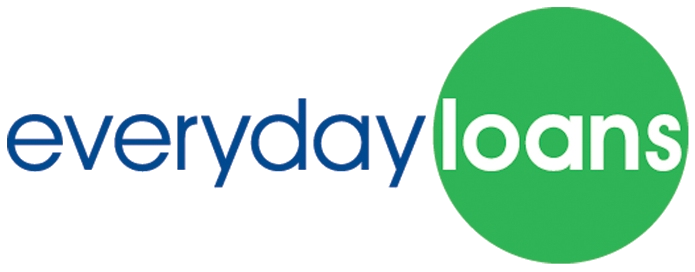
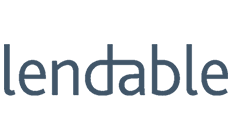
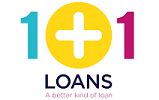

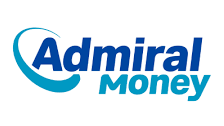
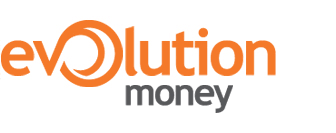

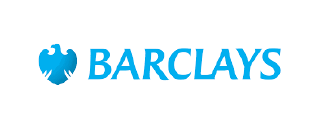


If you’re self-employed and wanting to get a mortgage, it can be confusing knowing where to start. There are certainly options available to you if you have the correct documents and proof of affordability.
Proper Finance can help explore some commonly asked questions surrounding self-employed mortgages, including how to get them, what the eligibility criteria is and more.
What Is a Self-Employed Mortgage?
A self-employed mortgage is a mortgage that is taken out by someone who is self-employed.
While it’s known that getting a mortgage when self-employed can be challenging, it’s not impossible, and there are a range of different ways you can prove to your mortgage lender that your income is reliable and that you can afford the mortgage.
Partnered with
Am I Eligible for a Mortgage if I’m Self-Employed?
To be eligible for a mortgage when self-employed, you’ll have to provide a range of different documents, and importantly, be able to prove that you can afford the repayments on the mortgage.
To be considered for a mortgage when self-employed, you’ll have to prove your income, which can be requested in the following ways:
- 2 or more years’ of certified accounts
- Provide evidence of upcoming contracts
- SA302 forms
- A HMRC tax year overview for the past 2-3 years
Mortgage lenders are also known to prefer accounts from self-employed applicants that are prepared by chartered, qualified accountants.
Self-employed applicants may also find it tricky to prove to the lender they can afford the repayments if they only have a year or less of accounts. However, this isn’t impossible, and may be helped by providing evidence of regular work and proof of future work and commissions.
How Many Years Do I Have to Be Self-Employed to Get a Mortgage?
The majority of lenders will usually ask for two years’ minimum of accounts. These accounts will have to detail your income, operating costs and expenses.
Lenders can sometimes ask for three years of accounts, as well as three months of bank statements for the business.
How Do I Get a Self-Employed Mortgage?
In theory, self-employed mortgage applicants will be able to access the same range of mortgages out there as everybody else, provided they can meet the lender’s affordability criteria and prove that they are able to manage the repayments on the loan.
To prove this, self-employed applicants will have to provide significantly more evidence of their earnings compared to other types of borrowers who have employers to vouch for them.
How Do I Apply for a Self-Employed Mortgage?
To apply for a mortgage when self-employed, you’ll have to provide a number of different documents detailing various information both personal and business-related.
As previously mentioned, you’ll have to prove your income to the mortgage lender with years of certified accounts, SA302 forms (or a HMRC tax year overview for the past 2-3 years). In addition to this, you’ll also have to provide the following:
- Your passport
- Council tax bill
- Utility bills
- Driving licence
- Bank statements
It’s worth noting that these aren’t a complete list of all the documents you’ll have to provide on a mortgage application when self-employed. Mortgage applications are thorough processes, and will need to collect and review a range of different details to assess your affordability for a loan with them.
Partnered with
How Do I Improve My Chances of Getting a Mortgage When Self-Employed?
There are a number of ways self-employed applicants can help boost their chances of approval for a mortgage, including the following:
- Discuss your options with a mortgage broker
- Save up a good deposit
- Register to vote
- Improve your credit rating
It’s also good to ensure you have all the relevant documents required by the mortgage lender to prove your income, and fully understand the requirements with this and whether you meet them before moving forward with the application.
Will I Have to Pay Higher Mortgage Rates if I’m Self-Employed?
Mortgages for self-employed people aren’t more expensive per se. So long as you meet the lender’s criteria, and provide enough details about your income, those who are self-employed should be able to qualify for the same deals as those with a comparable salary who are employed by someone.
The mortgage rate you’re offered can be affected by other factors of your application, such as your credit rating and the deposit you’re able to offer. You’re more likely to get a better mortgage rate by offering a big deposit and a good credit rating.